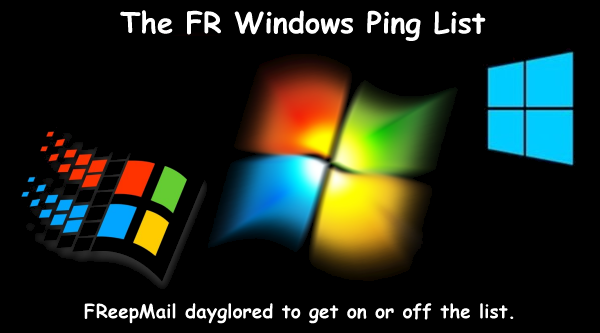That has to go. We need inexpensive room temperature Q-bits to make these machines practical. If that happens is will be "Katy bar door the door".

Posted on 11/22/2016 4:21:17 AM PST by LibWhacker
Many companies and researchers are investigating quantum computing as one of the next major steps in the evolution of computers. The “spooky” effects of quantum physics, it is hoped, will enable the creation of computers that operate on certain tasks at unprecedented levels of performance.
Microsoft is one of those companies, and it has been looking at quantum computing for some time now. Today, however, the company is taking the next step of actively investing in the creation of a real, scaleable quantum computer that can be used to tackle real-world problems, as the company outlines on the official Microsoft blog.
More: MIT’s newest quantum computer puts us one step closer to defeating modern encryption
As Microsoft executive Todd Holmdahl puts it, ““I think we’re at an inflection point in which we are ready to go from research to engineering.” The executive has some experience within Microsoft of bringing pie-in-the-sky projects to the market, having been involved in the development of the Xbox, Kinect, and the HoloLens — all projects that started out as mere research projects and made it all the way to consumer products.
Microsoft will be drawing on the skills and knowledge of two prominent quantum computing researchers in moving the initiative outside of the lab and into a real product. Charles Marcus is Villum Kann Rasmussen Professor at the Niels Bohr Institute at the University of Copenhagen and also serves as director of the Danish National Research Foundation-sponsored Center for Quantum Devices. Joining him at the center of Microsoft’s efforts is Leo Kouwenhoven, distinguished professor at Delft University of Technology in the Netherlands and founding director of QuTech, the Advanced Research Center on Quantum Technologies.
Both researchers have been working with Microsoft on their quantum computing tech for some time, and now the company is funding more work on basic research in the lab. Both scientists will retain their titles and affiliations after joining Microsoft and will continue working with their respective teams. At the heart of their efforts will be the ultimate goal of bringing a quantum computer into the real world.
According to Marcus, “I knew that to get over the hump and get to the point where you started to be able to create machines that have never existed before, it was necessary to change the way we did business. We need scientists, engineers of all sorts, technicians, programmers, all working on the same team.”
More: Researchers in Australia develop more stable qubits for quantum computers
Microsoft hasn’t announced any firm plans to deploy a product, but its focus will be on the type of qubit, which stands for a unit of quantum information, call the “topological cubit.” Qubits are used as the key building blocks in a quantum computer, and could allow them to determine multiple solutions to a problem at once, in contrast to today’s sequential computers.
The company will have a number of obstacles to overcome in building a quantum computer. For example, the devices will require incredibly cold and static environments to avoid external influence on the system’s quantum state, as that will disturb the state and disrupt processing. According to Microsoft, qubits are less susceptible to heat and electrical noise, meaning they can be used to maintain quantum states for longer periods of time.
Clearly, the challenge will be a significant one. At the end, however, will be the creation of a quantum computer that can dramatically reduce the time to develop new drugs and study biological processes, to take two examples. A quantum-powered intelligent cloud would exceed existing computers in power in the same way that the smartphone exceeds the first cell phones. Holmdahl expanded on the opportunity, saying, “There is a real opportunity to apply these computers to things that I’ll call material sciences of physical systems. A lot of these problems are intractable on a classical computer, but on a quantum computer we believe that they are tractable in a reasonable period of time.”
One day, a quantum computer might help delve into the secrets of quantum physics itself. It’s conceivable that questions about dark matter and other mysteries of the universe might one day be solved on a Microsoft quantum computer running the company’s own specialized software.
qbit
Ping.
That has to go. We need inexpensive room temperature Q-bits to make these machines practical. If that happens is will be "Katy bar door the door".

Which is the only way to recover your research costs.
This article makes it sound like quantum computers are still in the future, but they’ve been around for a few years. D-Wave is the big name in that realm.
And, yes, the NSA has them.

Thanks to conservatism_IS_compassion for the ping!!
I figure Microsoft will need quantum computing to keep the bloat of their operating systems and applications from turning the next-gen CPUs into the computing equivalent of a 386 performance wise.
“And, yes, the NSA has them.”
Yep. Racked and running in Utah.
Great. Quantum BSOD at a distance.
Think of what this will do for cat pictures and porn!
All your passwords are belong to Microsoft.
Disclaimer: Opinions posted on Free Republic are those of the individual posters and do not necessarily represent the opinion of Free Republic or its management. All materials posted herein are protected by copyright law and the exemption for fair use of copyrighted works.